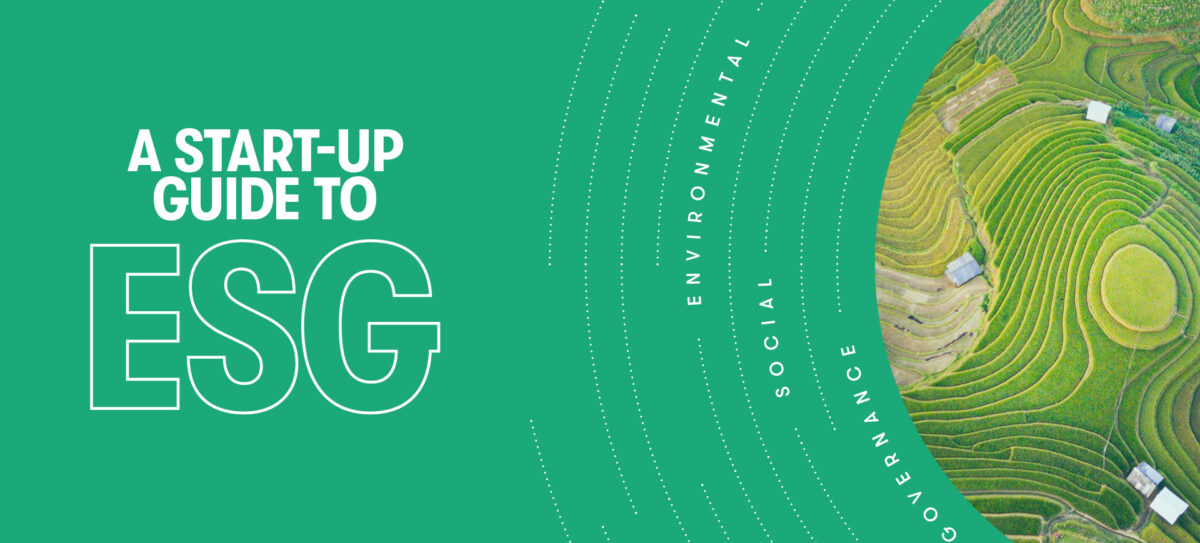SFG2: Responsible Consumption
Why is this important Copy link
Did you know? There will be more plastic than fish in the ocean by 2050?
- Responsible consumption is about consuming in a way that is mindful of the world’s finite natural resources.
- The waste hierarchy of avoid (don’t consume), reduce, reuse, recycle and dispose is a great practical way of thinking about responsible consumption. So is the concept of circularity or circular economy.
- Responsible consumption cuts across many functions of any workplace, including catering, stationery, IT.
- Additionally, start-ups involved in the production and/or distribution of physical goods will be rapidly expected to have a sustainable production and packaging policy in place and to significantly cut down their packaging.
Where to start Copy link
Pre-seed/seed Copy link
- Provide new team members with refurbished IT equipment, using companies like Circular Computing (UK) or GreenTraders (France), as a great way to keep costs down while doing good for the environment.
- If you’re building a business with a physical product, consider conscious procurement choices:
- Reduced/ recyclable/ biodegradable packaging
- Use of reusable/ recyclable materials
Series A Copy link
- Champion a culture of responsible consumption by equipping your staff with reusable bottles and coffee cups, limiting use of single-use packaging, and minimising food waste.
- Consider more conscious procurement choices where possible, looking out for:
- Reduced packaging
- Preference for reusable/ recyclable materials
- Using local food suppliers
- Consider refurbished IT equipment if still appropriate/manageable, and ensure to donate or recycle equipment that you’re retiring.
Series B onwards Copy link
Many start-ups will be tenants in their offices, requiring engagement with other tenants and landlord to obtain some of the below:
- Limiting the use of single-use packaging by equipping your staff with reusable bottles and coffee cups, and your office with glassware, cutlery, and crockery.
- Providing good recycling facilities in the office (or asking your landlord for some).
- Tackling food waste by signing up to food waste marketplaces Too Good to Go, Karma, or Olio, or initiatives like OddBox.
- Introducing a waste management policy to encourage uptake of more responsible consumption behaviours.
- Reducing IT cost and e-waste. As you need to replace and/or upgrade your equipment, ensure to find ways of recycling it. Instead of systematically renewing equipment every four years, consider extending beyond. Recycled printer toner and cartridges are also great ways to keep costs down while doing good for the environment.
Environmental benefits of refurbished IT equipment Copy link
Useful resources and further reading Copy link
- Guide on creating a waste policy - NI Business Info
- For a recent list of startups who can help you with sustainable packaging - Sifted
Examples and testimonials Copy link
Vestiaire Collective introduced a “less is more” packaging, stripping out everything unnecessary, and ensuring the rest was 100% recycled and recyclable. Vestiaire took its responsible consumption commitment as far as its labels, by switching to 100% recycled paper, water ink and one instead of three labels, resulting in four times lighter and plastic-free labels.
Tibber is tackling electronic waste by collecting and refurbishing all returned “Tibber Pulse” smart metres and opening a second-hand sale in their webstore, promoted during Black Week. The profits were donated to Restartes Norway, whose mission is to spread awareness and knowledge about repairing and DIY. To be able to sustain this initiative as the company scales, Tibber is now outsourcing the refurbishing back to its supplier, encouraging them to take on more circular practices.
smol spent over a year working on the development of world first 100% plastic-free packs, launched back in 2020. The recyclable and fully compostable packs protect smol laundry and dishwash products as they are shipped to customers’ homes. The patented design also includes a child-impeding opening mechanism to ensure child safety, and use vegetable-based inks.
“People don’t buy sustainable products, they buy brilliant products. So we have a relentless focus on delivering performance, at a great price, always doing significantly better on plastic, carbon and chemicals than many of the existing category leaders - because we believe that is what consumers increasingly want, and what the world needs.” Copy link
Hilary Strong, Chief Marketing Officer at smol. Copy link
